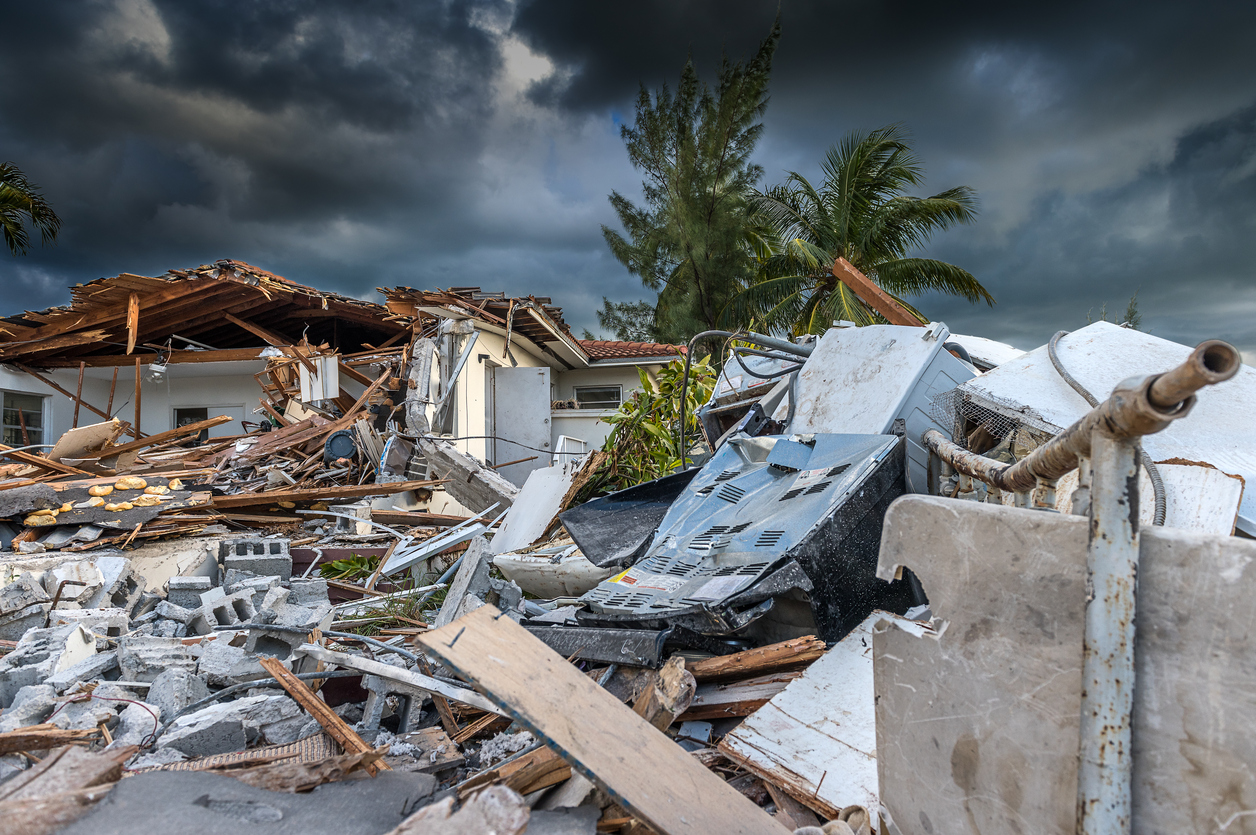Earlier this year, the Florida Supreme Court agreed to review a First District Court of Appeal order which held that "Citizens’ immunity does not extend to the ‘willful tort’ of failing to attempt in good faith to settle claims as provided by section 624.155, Florida Statutes."1 On Tuesday, October 7th, both Citizens and the insured, Perdido Sun Condominium Association, presented their respective arguments to the Court on what may be one of the most important issues faced in first-party property claim arena: whether Citizens Property Insurance Corporation is immune from suit under the cause of action created by Section 624.155(1)(B), Florida Statutes, for not attempting in good faith to settle claims.
I highly recommend reading both parties’ briefs on the issue, which can be accessed from the Florida Supreme Court website. In short, Citizens’ position is that Florida law grants the insurer immunity from liability for failing to attempt in good faith to settle claims, also known as "bad faith" causes of actions. Citizens relies heavily on Section 627.351(6)(S) of the Florida Statutes, which states:
(s) 1. There shall be no liability on the part of, and no cause of action of any nature shall arise against, any assessable insurer or its agents or employees, the corporation or its agents or employees, members of the board of governors or their respective designees at a board meeting, corporation committee members, or the office or its representatives, for any action taken by them in the performance of their duties or responsibilities under this subsection. Such immunity does not apply to:
a. Any of the foregoing persons or entities for any willful tort;
b. The corporation or its producing agents for breach of any contract or agreement pertaining to insurance coverage;
c. The corporation with respect to issuance or payment of debt;
d. Any assessable insurer with respect to any action to enforce an assessable insurer’s obligations to the corporation under this subsection; or
e. The corporation in any pending or future action for breach of contract or for benefits under a policy issued by the corporation; in any such action, the corporation shall be liable to the policyholders and beneficiaries for attorney’s fees under s. 627.428.
Citizens argues, in part, that the appellate court erred in reversing the trial court’s final order dismissing the insured’s complaint because: (i) bad faith claims handling is not explicitly listed as one of the five exceptions to the immunity granted by Florida law, and (ii) an insured’s failure to attempt in good faith to settle claims is not a "willful tort."
The insured, however, notes that Section 624.155 of the Florida Statutes imposes a legal duty upon insurers to act in good faith towards their insured, and a willful breach of that duty is a tort. Thus, Perdido Sun asserts the appellate court correctly determined that bad faith conduct, such as the actions allegedly committed by Citizens in that case, is excepted from Citizens’ limited grant of statutory immunity.
While the insured raises various valid legal arguments in its Answer Brief on the Merits, I think one of the most powerful points is the severe adverse effect on homeowners throughout Florida if the Court were to agree with Citizens’ position:
Finally, there are strong public policy considerations that weigh against allowing Citizens to be immune from bad faith liability. First and foremost, what are the people of the State of Florida going to do when the next hurricane hits and Citizens can ignore or delay paying claims indefinitely because it has nothing to lose by doing so? It takes years to get a breach of contract case to judgment and even then the insurer only pays what it should have originally paid under the policy. Without the threat of bad faith liability Citizens, like any other insurer, has no incentive to timely pay claims.
* * *In other words, the entire reason for Citizens’ existence is to pay claims promptly and in good faith in the event of a catastrophe. Citizens argues that it should be able to deny or delay paying claims … in bad faith … and be immune from any penalty. This position is totally contrary to the legislative intent behind Citizens’ creation and the reason for its continued existence. The argument that such immunity is necessary to preserve Citizens’ reserves is also entirely circular, "In order to preserve our assets so that we can pay claims … we should be able to improperly deny claims in bad faith." Citizens’ position simply defies logic.
Needless to say, the Florida Supreme Court’s decision will be one that could forever change the way insurance claims are handled by Citizens and its adjusters. Make sure to check our blog for updates and developments on this case.




